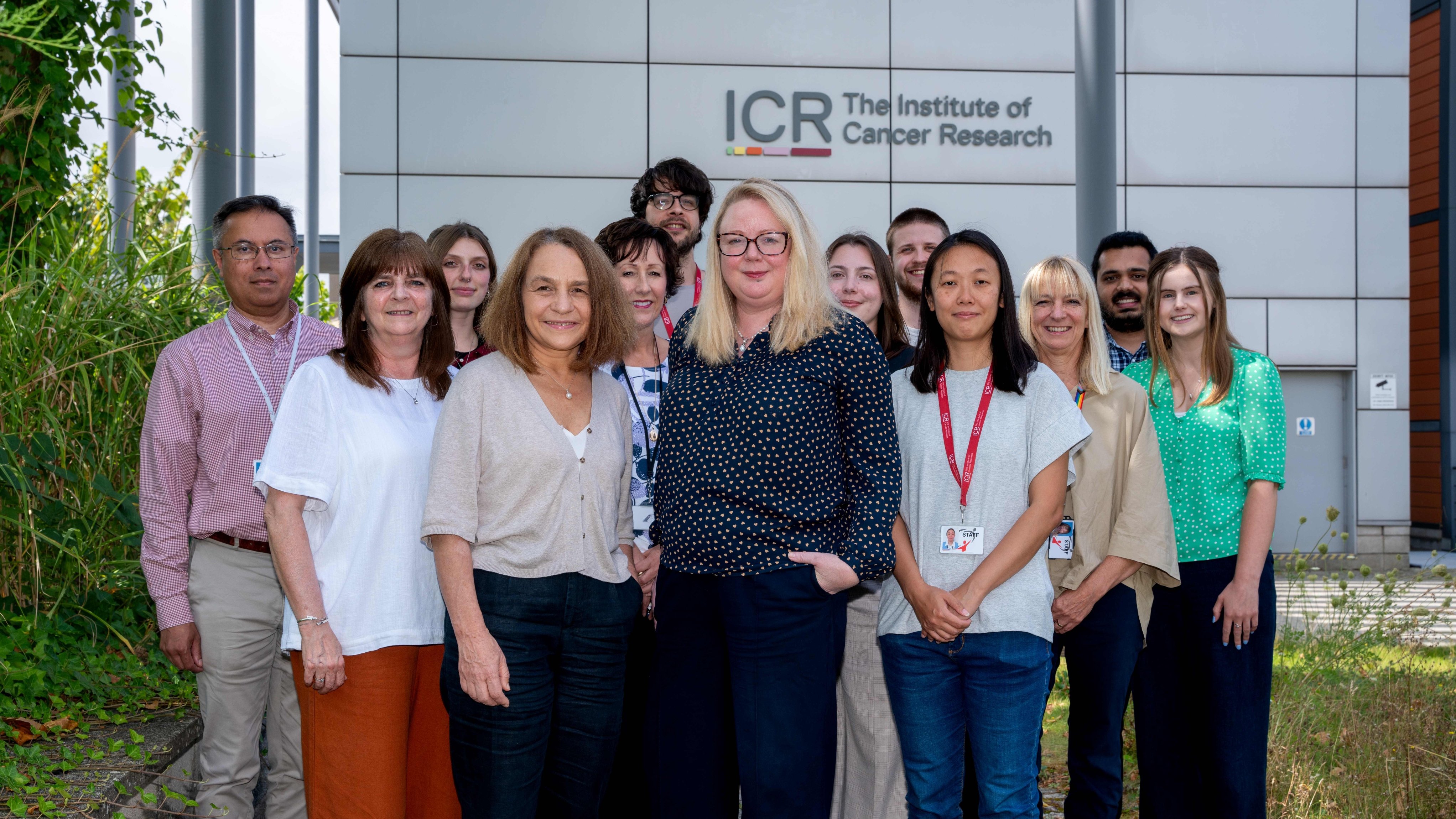
Image: The Breast Cancer Now Generations Study team at The Institute of Cancer Research, London.
Scientists are developing breast cancer risk tools that will help to identify women at high risk, even if they do not have a family history of the disease, thanks to one of the world’s largest and longest-running studies into the causes of breast cancer.
Now in its 20th year, the Breast Cancer Now Generations Study, led by The Institute of Cancer Research, London, and funded by Breast Cancer Now, has contributed to the discovery of hundreds of genetic changes linked to breast cancer and shed light on the major lifestyle and hormonal factors associated with the disease.
The discoveries have been used to update risk tools recommended by the National Institute for Health and Care Excellence (NICE) which could help guide personalised prevention strategies. This involves taking risk-reducing drugs, having preventative surgeries, or offering more frequent screening for women at high risk of developing breast cancer.
Over 110,000 participants
Since the study launched in 2004, more than 110,000 participants with a wide age range – including families of sisters, daughters and mothers – have provided blood samples and completed more than half a million questionnaires, and just over 3,000 cases of breast cancer have been reported. This has created an unmatched bank of data that has enabled ground-breaking research into the causes of breast cancer.
Over the next 20 years, the breast cancer risk tools will continue to be improved using developments in artificial intelligence to analyse the vast amounts of data in the study, as well as medical images taken of the participants.
Researchers will also use the data to explore the factors influencing survival after a breast cancer diagnosis. These improvements will ensure women receive more personalised and effective care, and help women make informed choices to protect their health.
Unlocking the knowledge needed to prevent breast cancer
The study is tracking participants over 40 years to improve our understanding of what causes breast cancer in pre- and post-menopausal women, and unlock the knowledge needed to prevent some of the 55,000 diagnoses that happen in the UK every year.
Over the last two decades, there have been more than 90 publications using data from the Generations Study, either authored by scientists from The Institute of Cancer Research (ICR) or in collaboration with international research projects.
Significant discoveries include the identification of more than 300 common genetic changes linked to the disease. The Generations Study in collaboration with large international consortia found that many individuals will carry small genetic changes that, if combined, could raise their prospect of the disease considerably. This adds to the knowledge that 5 per cent of women inherit an altered version of the BRCA1 or BRCA2 gene, which significantly increases the likelihood of developing breast cancer. This research also found that different genetic changes could predispose someone to different types of breast cancer.
Discovering the lifestyle and genetic factors that affect breast cancer risk
The project found that developing breasts and starting periods at a younger age can slightly raise the chance of a women developing breast cancer later in life. In addition, the age at which women have a baby, if they have a baby at all, and if they breastfeed, all influence breast cancer – and type of breast cancer – risk.
Lifestyle factors that affect breast cancer risk, characterised through the Generations Study, include being physically inactive and the type and duration of hormone replacement therapy used. Starting to smoke cigarettes as an adolescent can also slightly increase the risk of breast cancer.
Professor Amy Berrington de Gonzalez, co-leader of the Generations Study at The Institute of Cancer Research, London, said:
“We are so grateful to the tens of thousands of women who have donated their time and health data as part of the Generations Study over the last 20 years. It is only thanks to them that we have been able to make significant discoveries which will be crucial to preventing cases of breast cancer and improving the care and treatment of those who do develop the disease.”
Professor Montserrat Garcia-Closas, co-leader of the Generations Study at The Institute of Cancer Research, London, said:
“As we enter the second half of the Generations Study, we're going to develop better breast cancer risk assessments by building on the discoveries made over the last two decades into the genetics, social, and environmental factors that cause breast cancer. This will help women receive more personalised and effective care.
“We are also working to make the Generations Study data securely available to the wider research community, to accelerate the discoveries into breast cancer that will help us to prevent the disease and improve the life for those who do develop it.”
Dr Simon Vincent, Director of Research, Support and Influencing at Breast Cancer Now, which funded the research, said:
“More than 55,000 women are diagnosed with breast cancer every year in the UK and this number is only set to rise. Many of these cases could potentially be prevented, but knowing how requires large-scale, long-term research to help us understand the complex factors that impact someone’s risk of developing the disease.
“Thanks to the Generations Study, and all the participants who have contributed, we’re uncovering new ways to possibly prevent the breast cancer, and improving the advice we can offer to women about the steps they can take to reduce their risk.
“I’m excited to see how these new revelations will take us closer to achieving our goal of ensuring that by 2050, everyone diagnosed with breast cancer lives and is supported to live well.”
'Our lives shattered when my beloved daughter Becs rang me to say she had found a lump in her breast'
Amanda Jones, 82, joined the Generations Study after her daughter, Becs James, sadly died from breast cancer in 2003 at the age of 32, just 11 months after her initial diagnosis.
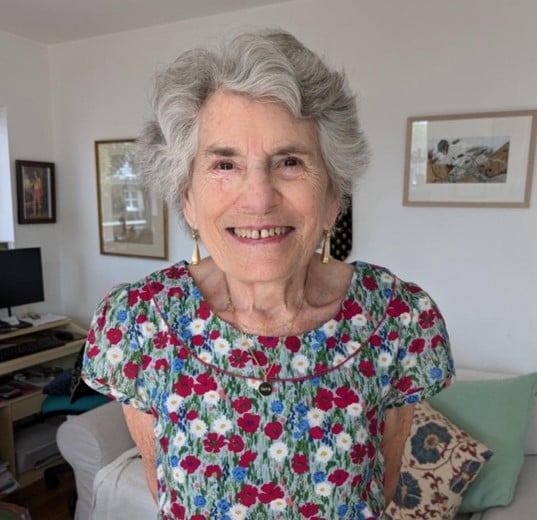
Amanda said:
“Our lives shattered when my beloved daughter Becs rang me to say she had found a lump in her breast and was going to see a doctor. She was immediately admitted to hospital and began treatment in France, where Becs lived, but the cancer continued to spread and after just a matter of months there was nothing more that could be done.
“We were with her when she died. She was in no pain and looking as beautiful as she always was.
“After her death, and facing a life without her, I knew I wanted to do whatever I could to make things different for future generations, both in terms of research and its outcomes.
“When I learnt about the Generations Study, I signed up at once, along with my daughter Camilla, and my daughter-in-law Joanna. It is wonderful to contribute towards the advancements and progress behind made in breast cancer research, both in memory of our lovely Becs and in celebration of all those who will be saved from the disease thanks to the findings of the Generations Study.”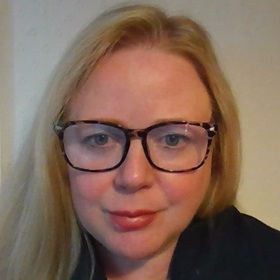
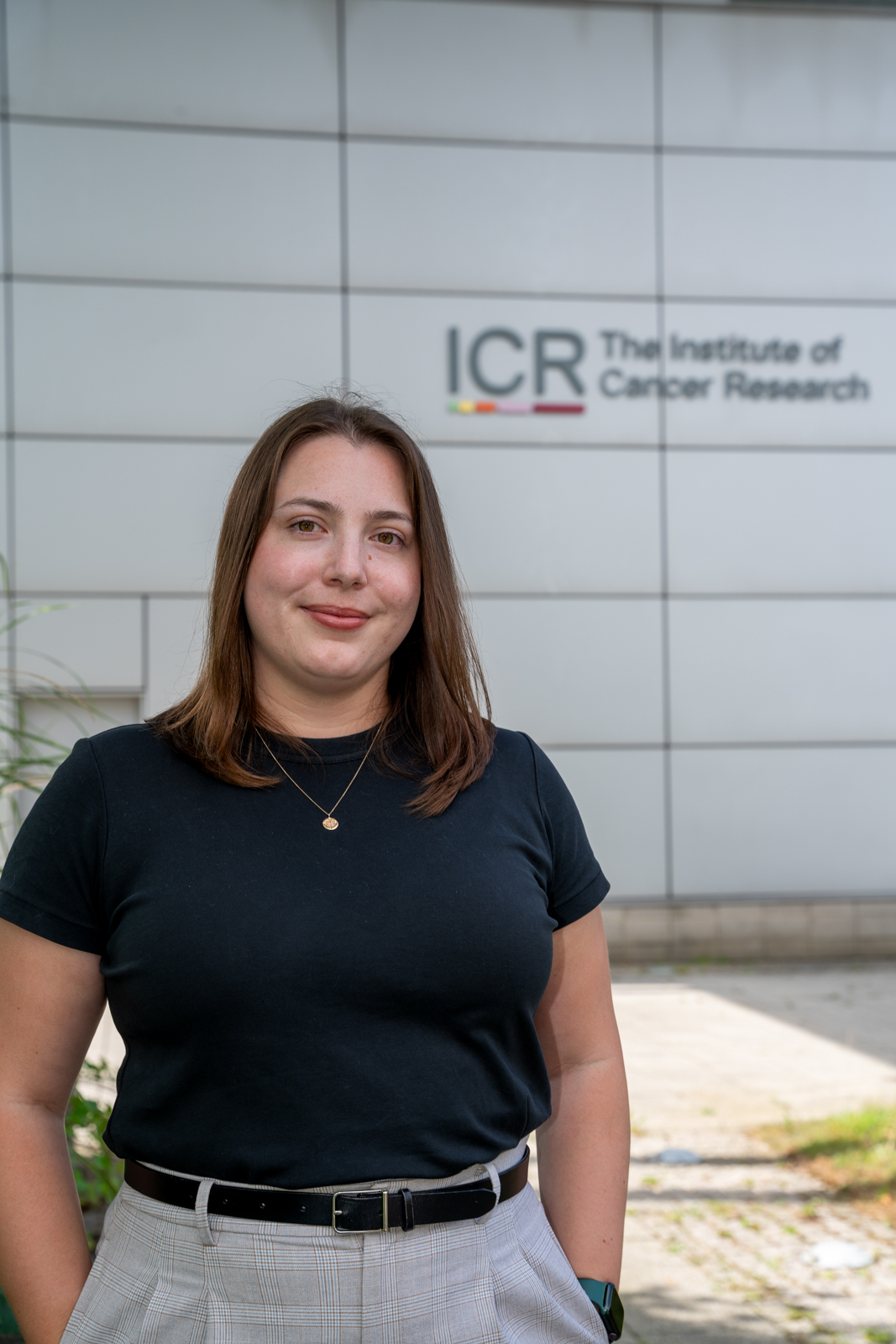 .
.
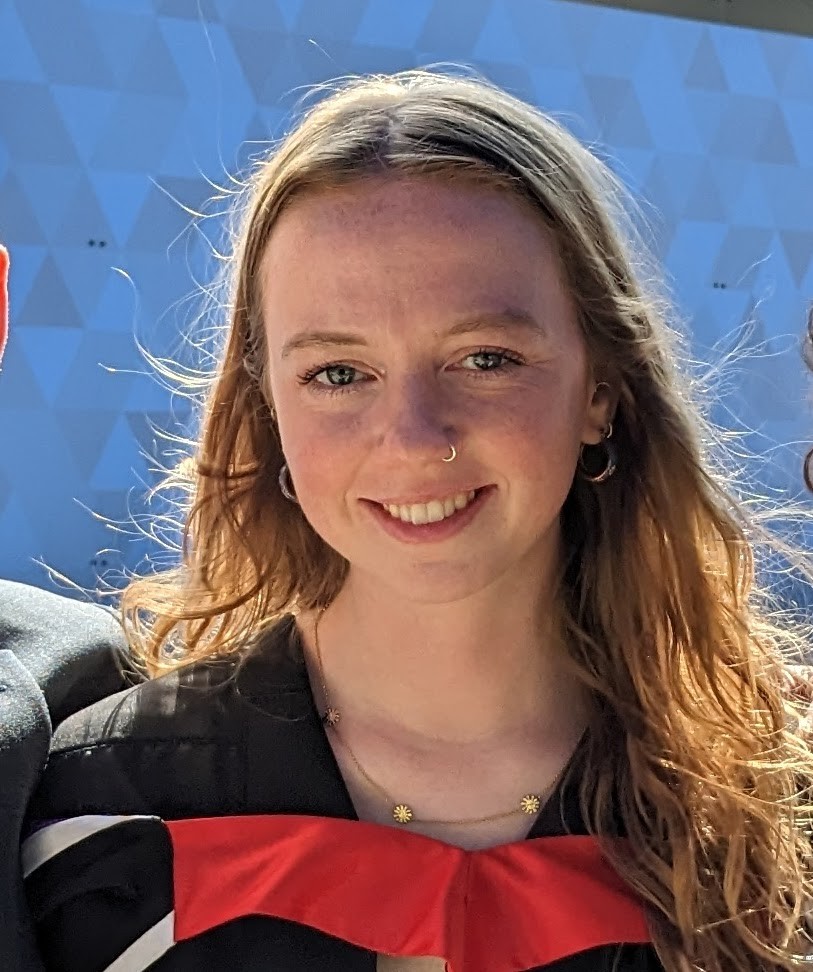 .
.
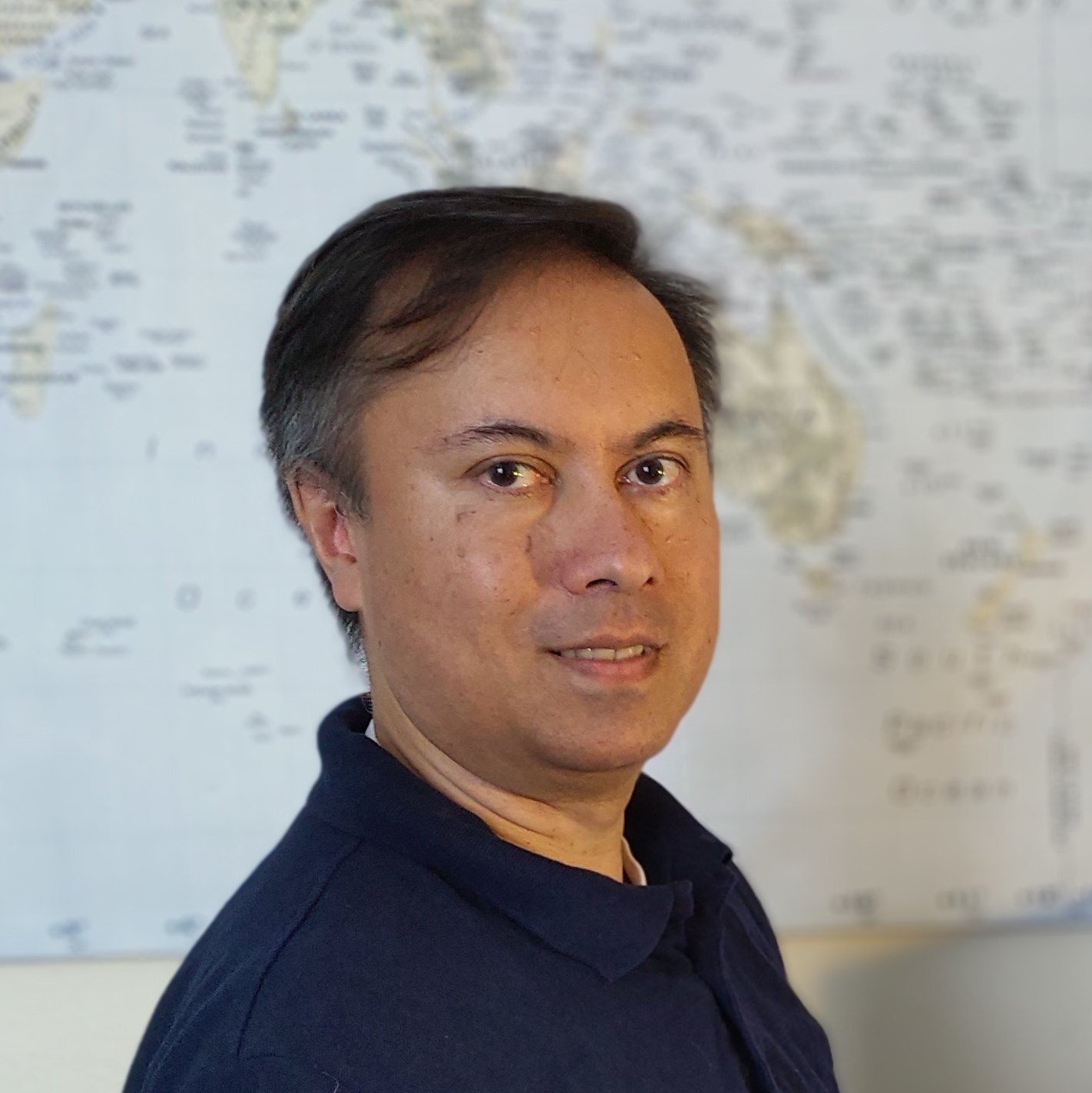 .
.
 .
.
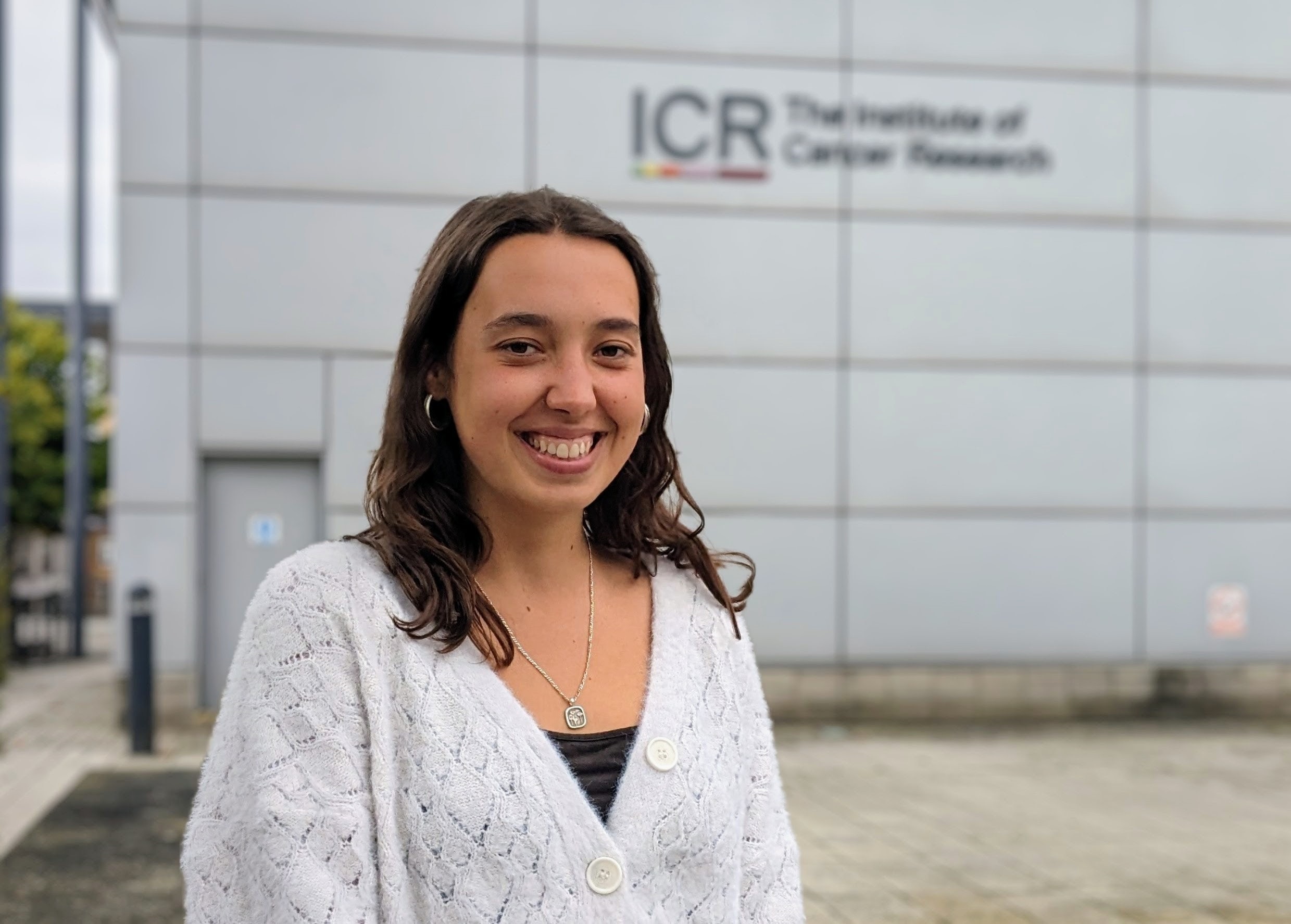 .
.
 .
.
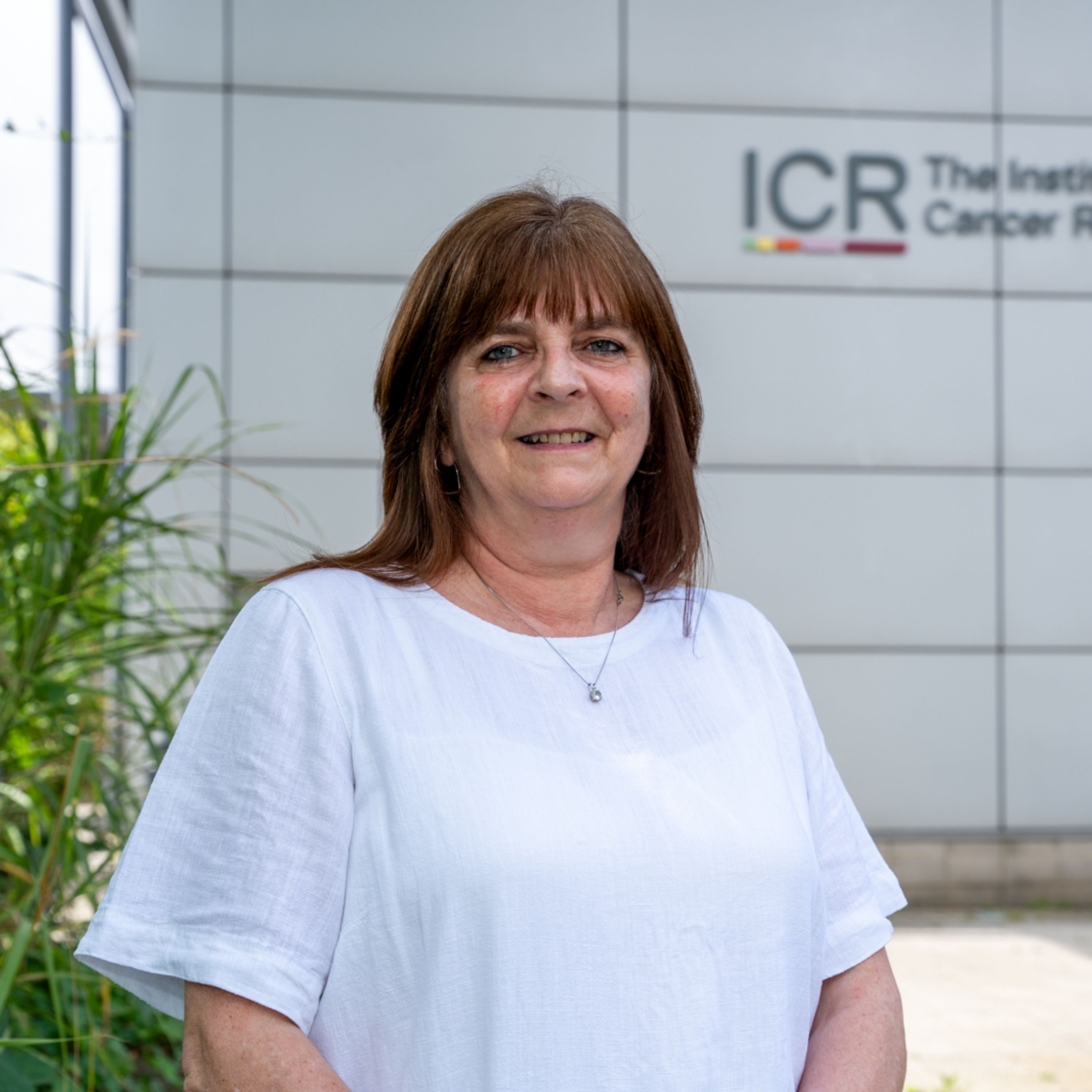 .
.
 .
.